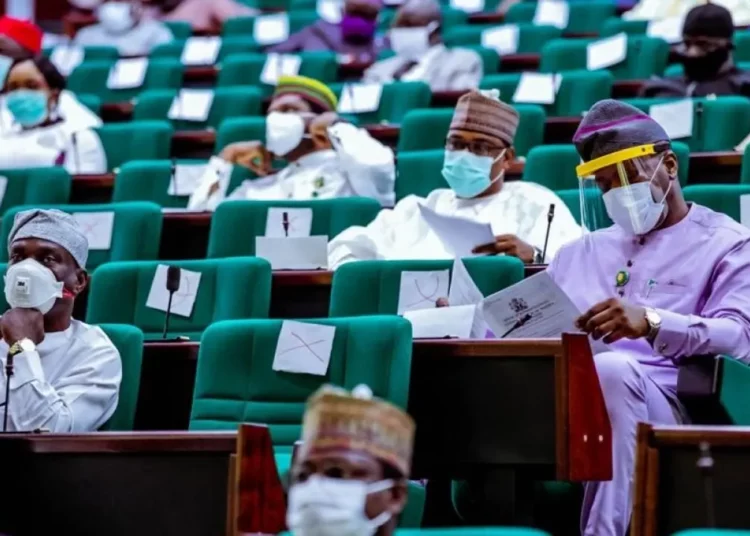The resolution of the House of Representatives on the new cash withdrawal limit policy of the Central Bank of Nigeria (CBN) has attracted a lot of reactions in the last few days. While some think that the House lack the power to order the CBN around and that its resolutions by a way of motion are merely advisory without any force of law, others opined that the CBN is an institution established by an Act of the Parliament and as such, resolutions of the House should be binding on the bankers’ Bank.
While it is not my intention to delve deeply into the argument as I believe that experts in the financial sector would take up the task, it is essential to make a few observations, and perhaps set the tone of the discourse.
Without prejudice to the authority of the parliament, I honestly wonder what the House intend to achieve with the resolution. I am sure that nobody, including the Speaker of the House, Femi Gbajabimila, and other members of the House would believe that the governor of the CBN, Godwin Emefiele, single-handedly acted on the cash withdrawal limit policy. If this is so, I consider the resolution of the House controlled by the same political party in government as unnecessary and an affront to the powers of the President. At this point, I will advise Gbajabimila to tread with caution and apply wisdom when government decisions do not favour his political interest. He should remember his common saying that “There are many ways to skin a cat.”
Having said that, in as much as I wish to embrace the new policy and I believe that it will be of great assistance to the nation’s anti-corruption drive, there are genuine concerns and these concerns are capable of shutting down some Nigerians, particularly those in the remote areas, from the economy. To this end, I appreciate the House for raising issues as the House of the Nigerian people.
Those who dictate the country’s policy direction should have a good understanding of the people, their environment and their peculiarities. It is insensitive on the part of the policymakers in CBN to sit in the comfort of their offices in Abuja and other places they’re familiar with and believe that they have seen everything about Nigeria. It is also laughable that the government chose to rely on the e-banking system that has been faced with a lot of challenges. Perhaps, the CBN should have proven the effectiveness of this new policy by providing detailed statistics on the percentage of Nigerians who have embraced e-banking and how well the platform had served its customers. The apex Bank should complement this information with other detailed statistics of Nigerians, particularly those living in remote villages and mostly in the informal sector, who have never had any contact with e-banking. The government may be shocked that the percentage of the latter may be higher than the former and at this point realise how ineffective the policy would be.
I am aware that there are local government areas in this country that have no single bank and those who want to operate a bank account must journey to the state capital cities or others urban centres. This means that some Nigerians, the statistics I may not have, were never part of the traditional banking system, yet we want to force everyone into the e-banking platform. I sincerely hope that the government doesn’t believe that those in the villages have low economic life and would not need more than N100,000 a week for their transactions, this cannot be true.
This perhaps was the intention of the lawmakers in Section 8 (4) of CBN Act, which states that the CBN Governor shall appear before the National Assembly at semi-annual hearings, as specified in subsection 1 regarding efforts, activities, objectives and plans of the board with monetary policy and economic development and prospects for the future.
The lazy lawmakers also comfortably quoted Section 8 (5) which says that “The Governor shall from time to time make a formal report and presentation on the activities of the board and the performance of the economy to relevant committees of the National Assembly.”
If the CBN didn’t roll out the new policy, Nigerians wouldn’t have been aware that our lawmakers were not receiving briefings from the CBN governor as stated in the Act.
Quite regrettably, Gbajabiamila comfortably confirmed that the House has failed Nigerians in this regard when he said the CBN Governor was duty-bound to brief the parliament on monetary policies, at least, twice every year, but could not confirm that the provision of the law has enjoyed a reasonable degree of compliance. This is laziness on the part of our lawmakers and it appears they are just playing to the gallery!





